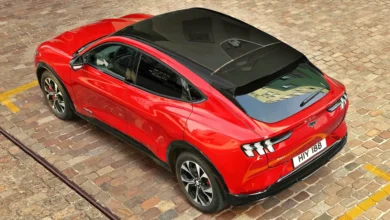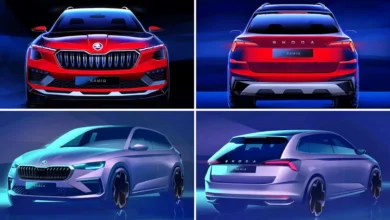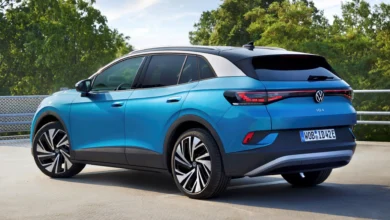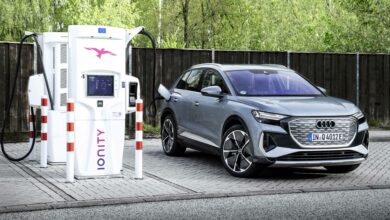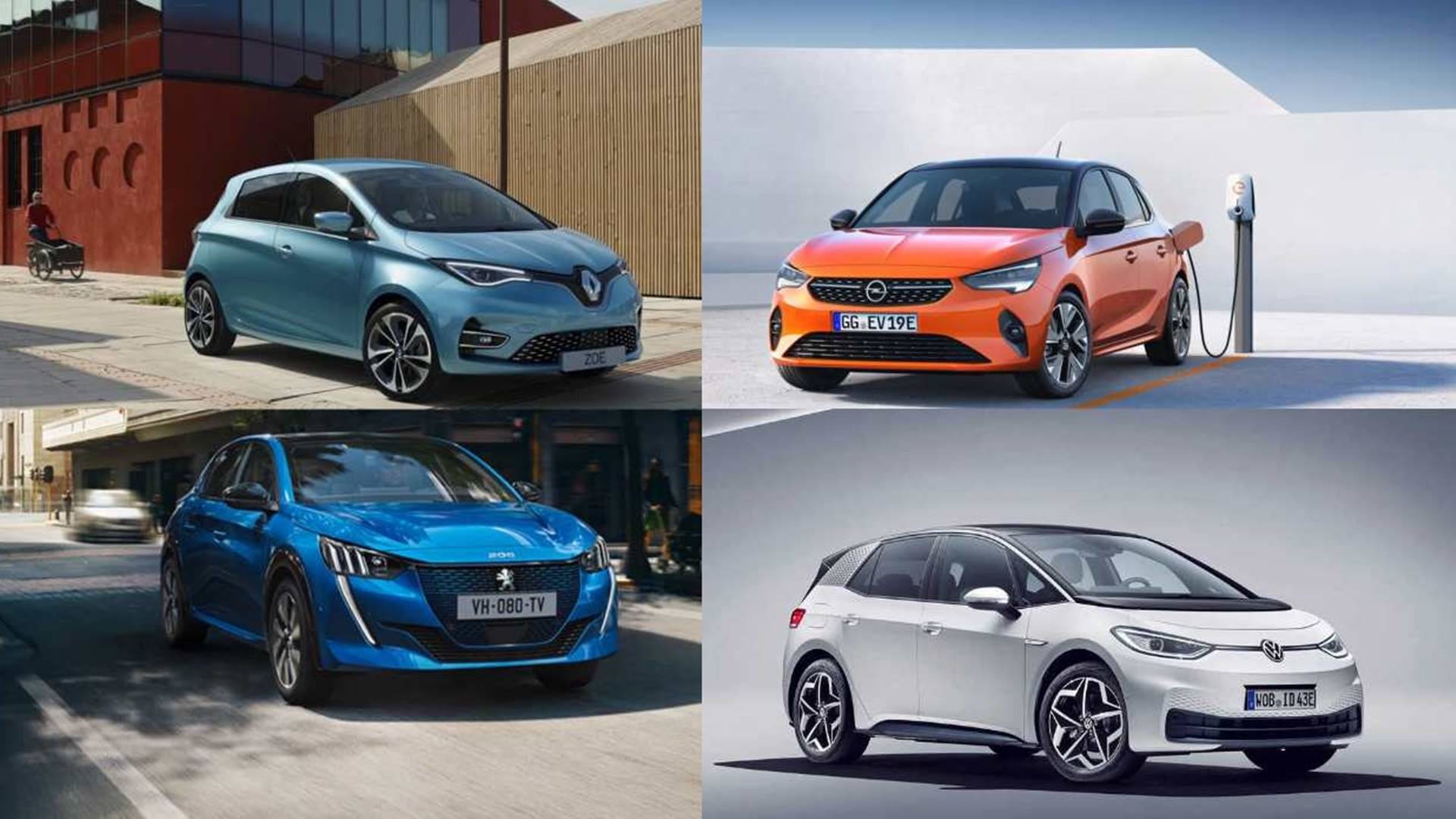
The news about the daily record of the price of electricity in the wholesale market is on the way to desensitize us, like other poundingly repeated current affairs. However, thinking with the portfolio, it is worth asking what is the impact on the pocket of the escalation of both electricity prices and conventional fuels. Is an electric car worth it?
The short answer, for lazy readers, is still “yes. ” The cost of energy has increased, although not in the same way. Electricity is penalized by natural gas prices and CO 2 emission rights, while oil experiences an increase in the barrel due to the increase in demand spurred by the global economic recovery, as vaccination is facilitating coexistence with the SARS-CoV-2 pathogen.
We echo a study carried out by the OCU, which concludes that recharging an electric car costs 257 euros (*) more in 2021 than last year, assuming an average expenditure of 20 kWh / 100 km and an annual mileage of 10,000 kilometers. It is assumed that the recharge is carried out in the most favorable case, regulated tariff (PVPC) during off-peak hours.
| Recharge during off-peak hours (PVPC) | Gasoline | Diesel | |
| With the prices of | 10,000 km and 20 kWh/100 km (2,000 kWh) | 10,000 km to 7 l/100 km (700 l) | 10,000 km to 6 l/100 km (600 l) |
| Annual average (2020) | 190 € | 825 € | 644 € |
| Monthly average (Sep 2021) | 302 € | 994 € | 759 € |
| Week of Sep 24-30 2021 | 447 € | 1.006 € | 775 € |
Kilometric costs of electricity, gasoline, and diesel – Source: OCU
The OCU shows with these accounts that recharging an electric car has more than doubled in one year and that the impact is less on the pocket for fuel costs. However, in Spain, we are paying 95 liters of gasoline at an average of 1,448 euros per liter, and diesel at 1,309 euros per liter. They are the highest prices since 2014, and very close to the all-time highs. Pouring 50 liters implies 72.40 euros in gasoline or 65.45 euros in diesel.
The most advanced readers of the class will have noticed that even considering the worst-case analysis, traveling 100 kilometers with an electric vehicle costs 4.47 euros, with gasoline 10.06 euros, and with diesel 7.75 euros. The electric car can be up to eight times cheaper compared to gasoline, but now it is “only” half as cheap.
If we remember, we will conclude that electricity prices are abnormal and punctual, but that barrel rises are a more common thing. The OCU also considers that the accounts continue to go in favor of an electric company, although there is a difference of 7,500 euros in the acquisition price; it pays for itself, but a little more slowly, a year and a half more. The distance can be reduced if we consider a lower cost in gasoline or diesel, perfectly possible with many models that are marketed today.
In addition, if we make a longer-term analysis, we must remember that the price of diesel can be equal to that of gasoline in a few years, as the subsidy is withdrawn in the form of a lower hydrocarbon tax burden that diesel still enjoys. . With that difference removed (the “diesel tax”), prices will be more in line, and accounts with diesel will take longer to come out.
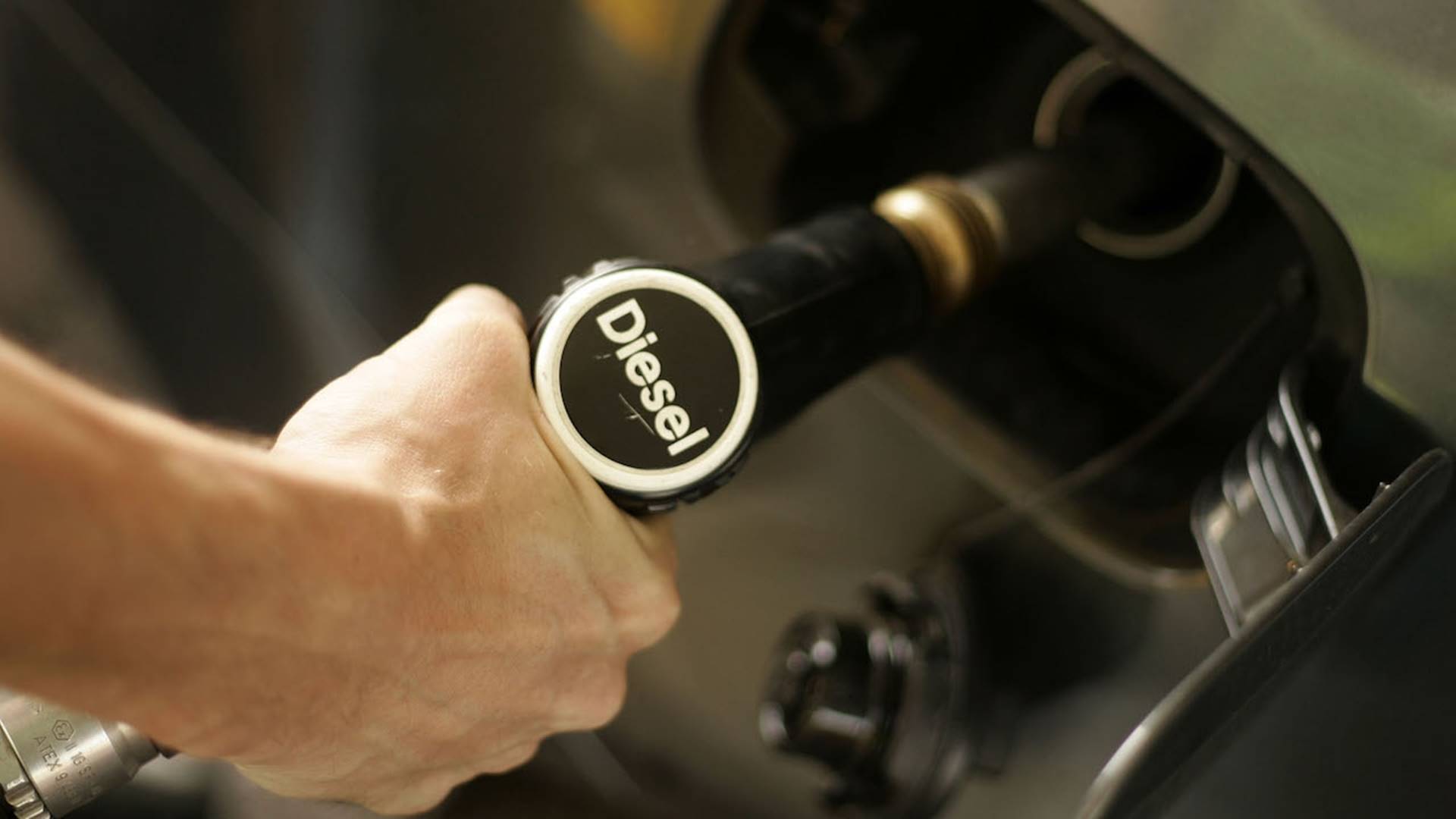
More variables can be introduced, such as using solar panels to reduce the impact of the electricity bill. In an ideal case, it is possible to accumulate enough solar energy to recharge an electric car for free. Getting refined gasoline or diesel according to the standard is a bit more complicated by drilling a hole in the garden into the bowels of the earth, I’m afraid there is more complexity in becoming self-sufficient.
How much does it cost to recharge an electric car at a charging point?
The OCU has also taken a look at the prices of charging networks for public use. Both Easy Charger and Iberdrola maintain their March rates, traveling 10,000 kilometers in this way would cost 600 euros. If there is an increase in the IONITY network without the PASSPORT rate, from 1,580 euros (€ 0.79 / kWh) it goes to 1,652 euros (€ 0.825 / kWh). The IONITY website does not yet reflect that price increase.
The consumer organization recalls that it is a highly unlikely case. Outside of the OCU analysis, suppose that yes, there is someone who needs to travel 10,000 km a year with an electric car and uses the IONITY network. With this level of spending, the PASSPORT tariff is worth it, which would have an annual cost of 215.88 euros, to which should be added the recharges of 2,000 kWh to 0.35 € / kWh, another 700 euros, so «only » Would be 915.88 euros instead of 1,652 euros.
And making the comparison again with gasoline that drinks 7 liters per 100 km, which is slightly more than 10 euros, using the IONITY chargers with the PASSPORT rate, we are talking about 9.15 euros per 100 km, a little less, but already above a diesel. If you do not take advantage of the rate for regular users, using the IONITY network is more expensive than consuming gasoline or diesel, before the climb, and with the climb.
